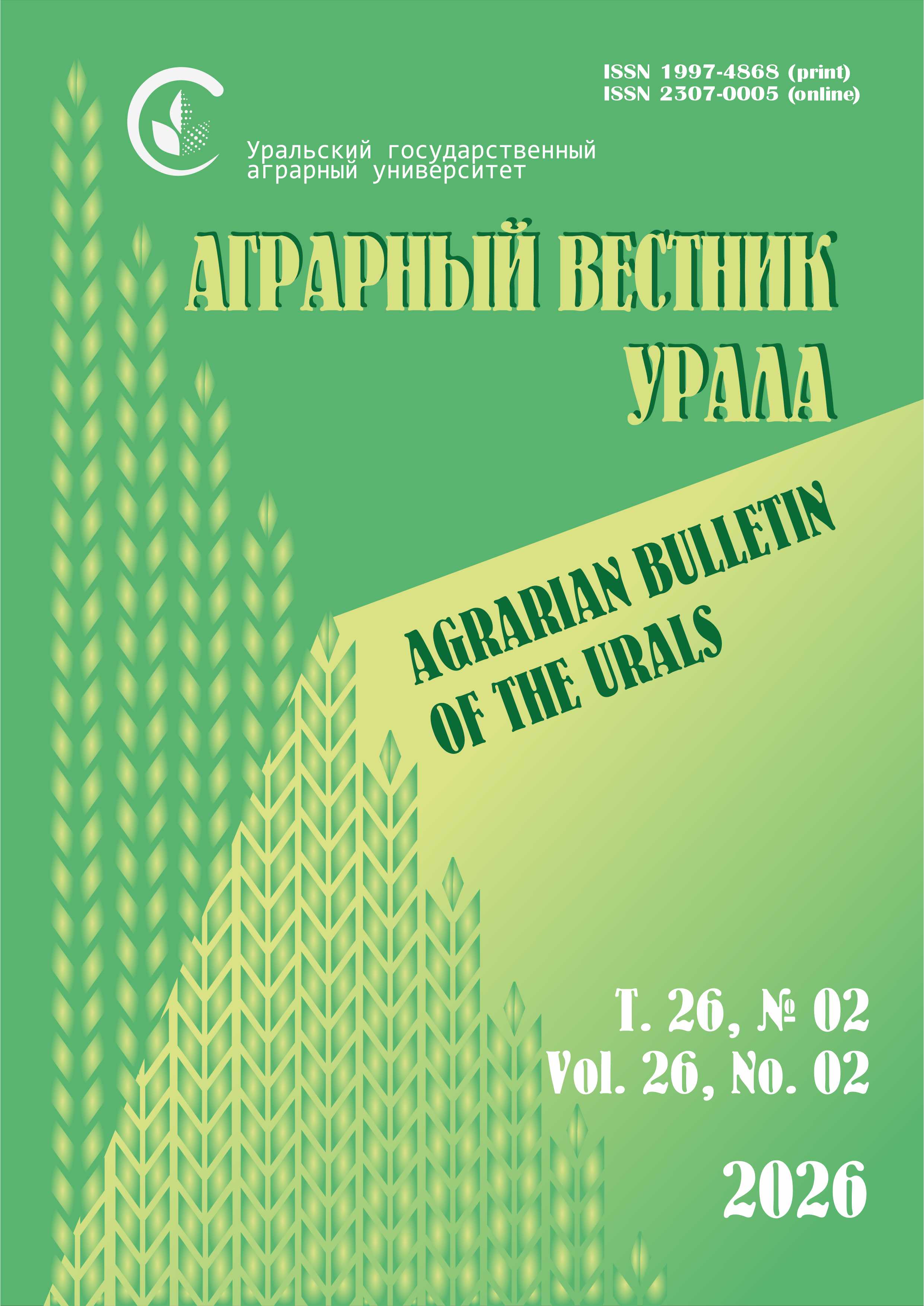Authors:
G. Yu. Kosovskiy, E. S. Kolesnik, D. V. Popov
Scientific Research Institute of Fur-Bearing Animal Breeding and Rabbit Breeding named after V. A. Afanas’ev, Rodniki, Russia
E-mail: This email address is being protected from spambots. You need JavaScript enabled to view it.
Abstract. The purpose of this work is to approve a device for studying the microbiome of the gastrointestinal tract of mammals. The study of the quantitative and qualitative composition of the digestive tract microbiota is one of the promising directions in metagenomics. Knowledge obtained about the organization of microbiocenosis genome, the determination of species composition and study of metabolic relationships between its representatives not only expand the understanding of its role in the process of evolution, speciation and breeding but also provide a scientifically substantiated basis for targeting changes in the microbiome to form a phenotype (optimization of feed bioconversion, increasing overall resistance, etc.). Scientific novelty. For the first time, the main characteristics of cellulolytic bacteria isolated from the chyme of the rabbit cecum were isolated, cultured and described through a chronic fistula. Methods. In order to carry out research aimed to study mammalian microbiome and its correction, the need arises to develop methods of obtaining microbiome samples from experimental animals. To obtain access to the chyme of the cecum in 7 rabbits for up to 3 months the chronic fistulas developed in Scientific Research Institute of Fur-Bearing Animal Breeding and Rabbit Breeding n. a. V. A. Afanas’ev were installed. No negative manifestations were observed in the animals after installation of the fistulas, no changes in appetite were detected, and complete healing of the skin wound was determined on the 9th day. Diagnostic laparotomies performed 3 months after fistula placement revealed no pathological processes in any of the studied animals. Results. Characteristics of cellulolytic bacteria of the rabbit cecum Butirivibrio fibrisolvens and Ruminococcus flavefaciens were studied. Data on their enzymatic effects on dietary components, fermentation products, digestion and formation of organic substances and chemical compounds
are presented.
Keywords: rabbit, microbiome, cellulosomes, fistula, chyme, Butirivibrio fibrisolvens, Ruminococcus flavefaciens.
For citation: Kosovskiy G. Yu., Kolesnik E. S., Popov D. V. Khronicheskaya fistula dlya izucheniya mikrobioma slepoy kishki krolika [Сhronic fistula to rabbit cecum microbiome study] // Agrarian Bulletin of the Urals. 2021. No. 10 (213). Pp. 40–47. DOI: 10.32417/1997-4868-2021-213-10-40-47. (In Russian.)
Download the full text of the article












